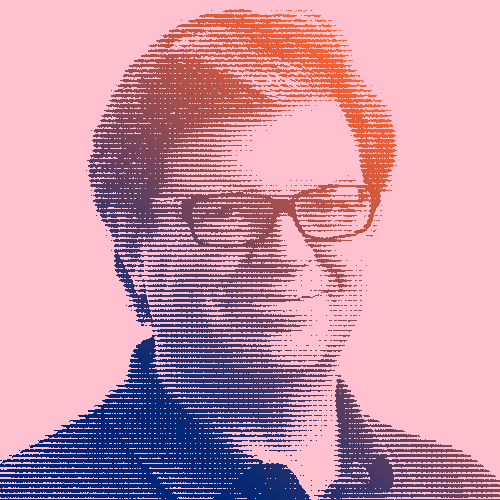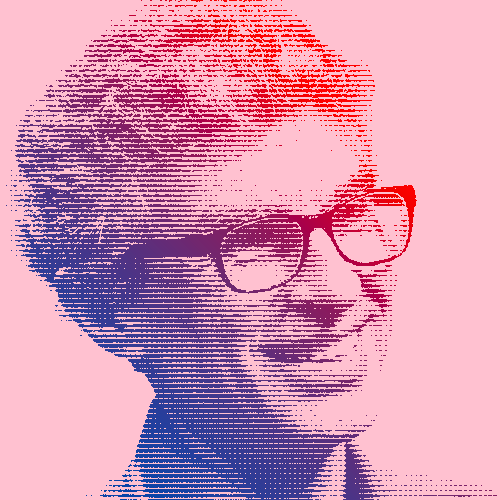Yann LeCun has been pushing the envelope on AI since he was in college. His research in the 1980’s and 90’s helped build the foundation upon which many of the most important AI innovations of the last decade were built.
Now, as the head of AI at one of the largest and most influential tech companies in the world, LeCun may very likely oversee some of the most important AI innovations in the coming decades.
He made neural networks convolutional
Along with Geoffrey Hinton and Yoshua Bengio, LeCun is referred to as one of the “three musketeers” of deep learning. Like them, LeCun pushed the idea that artificial neural networks that imitate the human brain would allow computers to develop skills that could not be otherwise programmed manually. He did so facing stiff resistance from the computer science establishment, which had long ago disregarded the concept of artificial neural networks as the stuff of science-fiction.
LeCun “kind of carried the torch through the dark ages,” Hinton told Wired in 2014.
LeCun is widely credited for advancing convolutional neural networks. Beginning in the late 80’s he proposed architecture for building neural networks that would help computers recognize images. In 1994, while working at AT&T Bell Labs, he finally created one that was able to identify handwritten characters. By 1998, banks were using the technology to read more than 10% of all checks in the U.S.
Throughout the 1990’s and 2000’s Le Cun continued to pioneer the use of CNN to recognize objects, including cars, animals, and human faces.
“The desire to dominate is not correlated with intelligence. In fact, we have many examples of this… in the world. It’s not the smartest of us that necessarily wants to be the chief.”
Making AI social
Like his two fellow musketeers, LeCun has long divided his time between academia and private enterprise. Since 2003, he has been a professor at New York University and in 2012 he founded the NYU Center for Data Science.
In 2013, Facebook hired LeCun to run its newly-established AI research division. After four years however, LeCun stepped down from the management role so that he could devote himself to research as the company’s chief AI scientist. Under LeCun’s leadership, Facebook has boasted a number of important AI innovations.
In May 2020 the company announced it had found a way, through the Transformer neural network architecture, to create object identification models that perform at the same level as existing methods but are much simpler to build.
AI has also played a big role in the company’s attempts to crack down on hate speech and misinformation. In the final quarter of 2020, the platform removed nearly 10 million pieces of content that violated its guidelines. Roughly 88% of the content was flagged by AI.
Defender of the robots
LeCun has pushed back against fears voiced by some, including other leading technologists, that AI could ultimately lead to catastrophe. Humans tend to imagine robots developing the negative personality attributes that drive people to harm others, but there is “no reason” to imagine that machines could one day possess those attributes, he has said.
LeCun called Tesla CEO Elon Musk “nuts” for saying AI should be regulated.
“Robots taking over the world, Terminator-style or Ex Machina style — these are entertaining topics but they are not realistic at all,” he explained to BBC.
Key Dates
-
1985
Have You Heard of an “Error Backpropagation”Before?
In his PhD thesis, LeCun proposes an early form of the algorithm now known as error backpropagation.
-
1989
Convolutional Neural Networks
LeCun publishes his first paper proposing Convolutional Neural Networks, which he eventually uses to develop widely-used check-reading technology.
-
2013
Facebook’s First Director of AI
LeCun is hired to become Facebook’s first director of AI.




